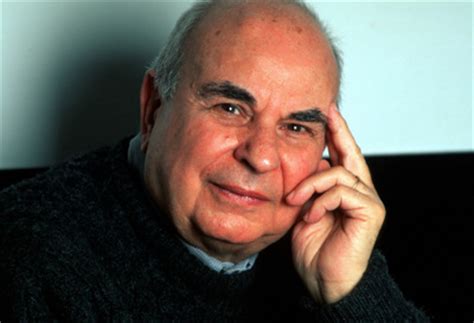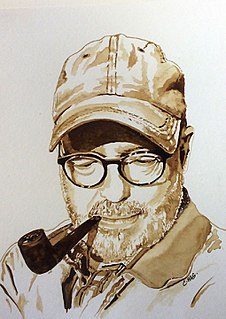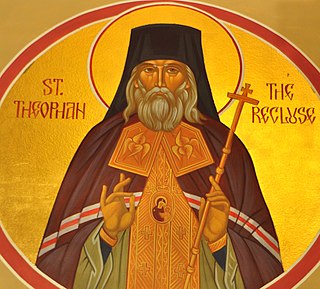A Quote by Madeleine L'Engle
Deepest communion with God is beyond words, on the other side of silence.
Related Quotes
Words stand between silence and silence: between the silence of things and the silence of our own being. Between the silence of the world and the silence of God. When we have really met and known the world in silence, words do not separate us from the world nor from other men, nor from God, nor from ourselves because we no longer trust entirely in language to contain reality.
The deepest level of communication is not communication, but communion. It is wordless. It is beyond words, and it is beyond speech, and it is beyond concept. Not that we discover a new unity. We discover an older unity. My dear Brothers [and Sisters], we are already one. But we imagine that we are not. And what we have to recover is our original unity. What we have to be is what we are.
Because the Christian God is not a lonely God, but rather a communion of three persons, faith leads human beings into the divine communion. One cannot, however, have a self-enclosed communion with the Triune God- a "foursome," as it were-- for the Christian God is not a private deity. Communion with this God is at once also communion with those others who have entrusted themselves in faith to the same God. Hence one and the same act of faith places a person into a new relationship both with God and with all others who stand in communion with God.
In other words, first we must call people to communion with God, to intimacy with God, to a sense of belonging. Most people are lost, confused, alienated. They suffer and struggle immensely in relationships. We have to proclaim loudly and clearly in our actions and in our words that God loves us that we belong to him. That's a call to the mystical life.
The kenosis of the Son reveals the mystery of God who is Love. This gift of life is an extension of a mysterious exchange at the heart of the Deity. In God himself the One does not exclude the Other, it includes it. The Unity of God is so complete, so rich, that it is not solitude enclosed in itself, but rather the fullness of communion. And thereby, the source of all communion.
For language to have meaning, there must be intervals of silence somewhere, to divide word from word and utterance from utterance. He who retires into silence does not necessarily hate language. Perhaps it is love and respect for language which imposes silence upon him. For the mercy of God is not heard in words unless it is heard, both before and after the words are spoken, in silence.
We have to learn to go beyond both a positive mind and a negative mind to become a silent, nonjudgmental, non-analytical, non-interpretiv e mind. In other words, the silent witness. In the process of silent witnessing, we experience inner silence. In the purity of silence, we feel connected to our source and to everything else.
We need silence to be alone with God, to speak to him, to listen to him, to ponder his words deep in our hearts. We need to be alone with God in silence to be renewed and transformed. Silence gives us a new outlook on life. In it we are filled with the energy of God himself that makes us do all things with joy.


































